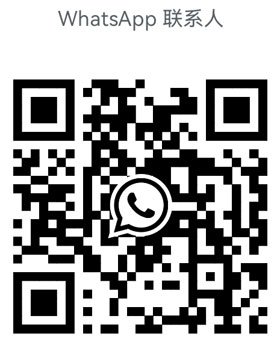Liberia Import and Export Trade
Summary:This article provides an overview of Liberia's import and export trade, including its economic background, main commodities for trade, characteristics of trade, import and export regulations, prohibited imports, customs clearance document requirements, the Cargo Tracking Number (CTN) system, and other considerations such as tax exemption policies and the release of goods after customs procedures.
Liberia's Economic Background
Liberia is located in West Africa and is one of the least developed countries in the world. Its
economy is primarily based on agriculture, but it cannot be self-sufficient in food production.
Industry is underdeveloped, but mineral resources are abundant.
Major export products include iron ore, rubber, cocoa beans, logs, gold, diamonds, and palm oil.
Major import products include rice and other food and livestock, machinery and transportation equipment, minerals and lubricants, finished oil, and chemical products.
Characteristics of Import and Export Trade
Import and export trade in Liberia generally requires the assistance of an agent due to the
relatively complex customs clearance procedures.
Imported goods must comply with strict customs clearance regulations, including providing the necessary documents and undergoing pre-shipment inspection.
Liberia's Import Regulations
Products Prohibited from Import
Due to the African swine fever epidemic, Liberia prohibits the import of pigs and their
products.
Due to the monkeypox outbreak, Liberia also prohibits the import of rodents such as prairie
dogs, Gambian rats, squirrels, wild rabbits, and their products.
Import Customs Clearance Document Requirements
Bill of lading: A valid bill of lading must be provided. For full container
load (FCL) shipments, a shipping company bill of lading (sea bill of lading) must be provided.
House bills of lading are not accepted.
Commercial invoice: The invoice must be signed with a legally valid price
declaration and the company seal, and must detail the actual or payable price of the goods and
all expenses.
Packing list: Detail the quantity and packaging of the goods.
Import license: Some goods may require an import license.
Inspection certificate: Depending on the type of goods, an inspection
certificate may be required.
Medical products and pharmaceuticals: Must be accompanied by English
instructions.
Used textiles: Must be accompanied by a disinfection certificate.
Some alcoholic beverages: A certificate of the year of production must be
presented.
CTN number: All goods imported and exported to Liberia must provide a Cargo
Tracking Number (CTN). This number must be shown under the item description on the bill of
lading.
Pre-Shipment Inspection (PSI): Goods must be pre-inspected before loading.
Liberia's Export Regulations
Export Customs Clearance Document Requirements
Export declaration form: Must be a formal People's Republic of China Ocean Freight Export
Declaration form with a barcode.
Commercial invoice: Detailed information on value, freight, insurance, etc., according to the
mode of transaction (CIF or CFR).
Other documents: Such as CTN number application form, inspection certificate, etc.
CTN System
Since November 15, 2018, all goods shipped to Monrovia Port, Liberia, or transiting through this
port to other destinations must apply for a CTN number.
Goods without a CTN number may be detained, detained, returned to the original ship, or even
prevented from berthing at the port.
IV. Other Considerations
Tax Exemption Policy
Liberian citizens who have resided abroad for three years or more or who have returned home
after studying abroad may be eligible for tax exemption under certain conditions.
Tax Exemption Limits
There are detailed limits on the amount of duty-free items that returning personnel can bring
back, such as the number of furniture and appliances for the living room, dining room, and
bedroom.
Payment and Release
After completing all customs clearance procedures and paying relevant fees, the goods will be
released.
I hope this translation is helpful and accurate. Please let me know if you have any other questions.

